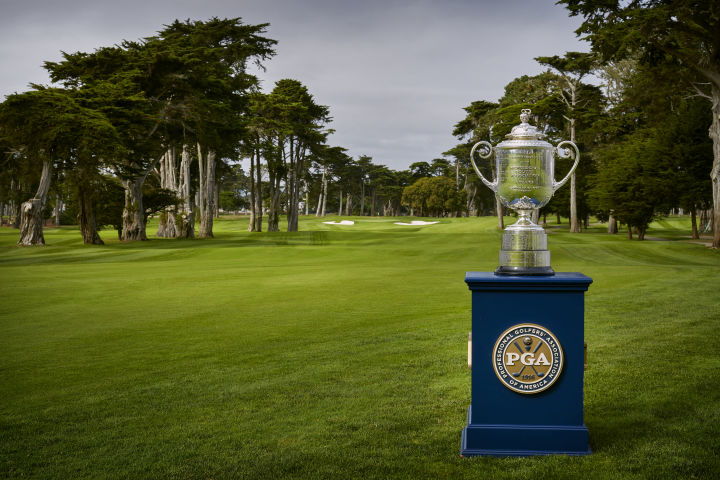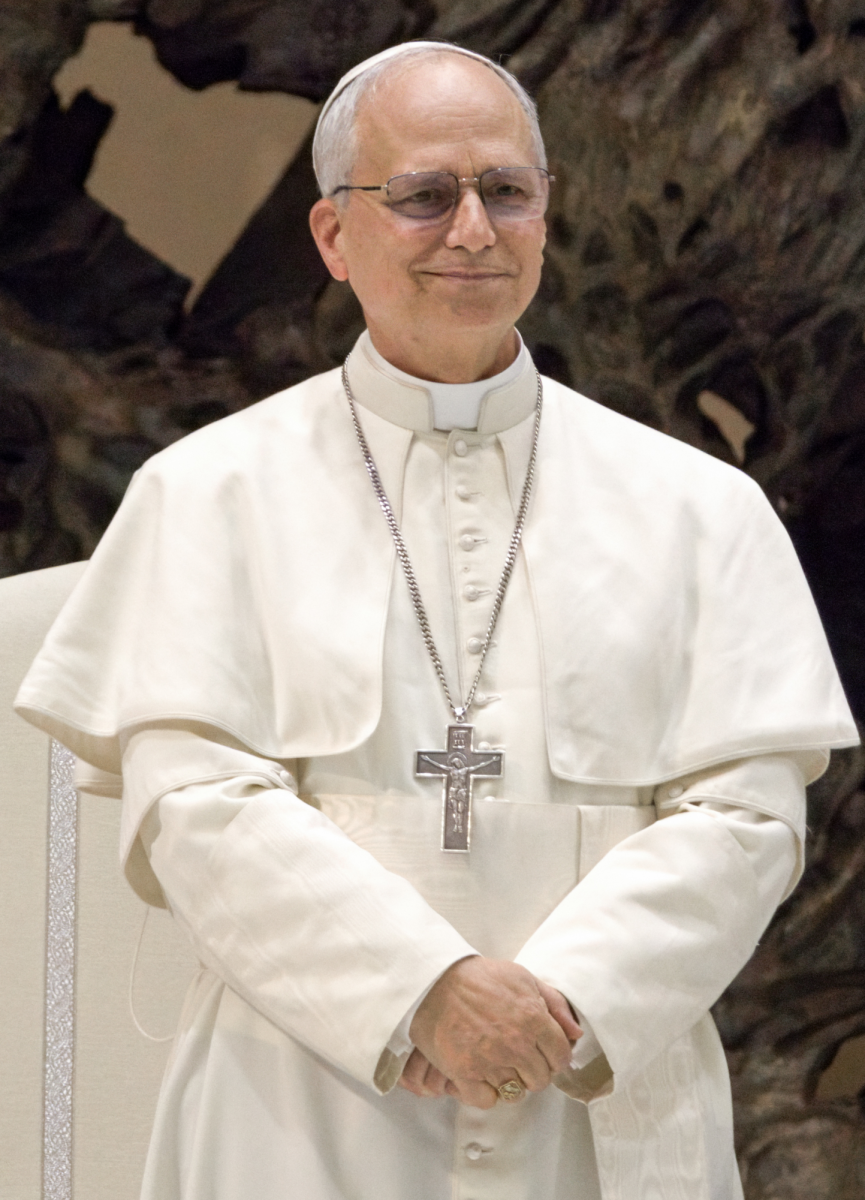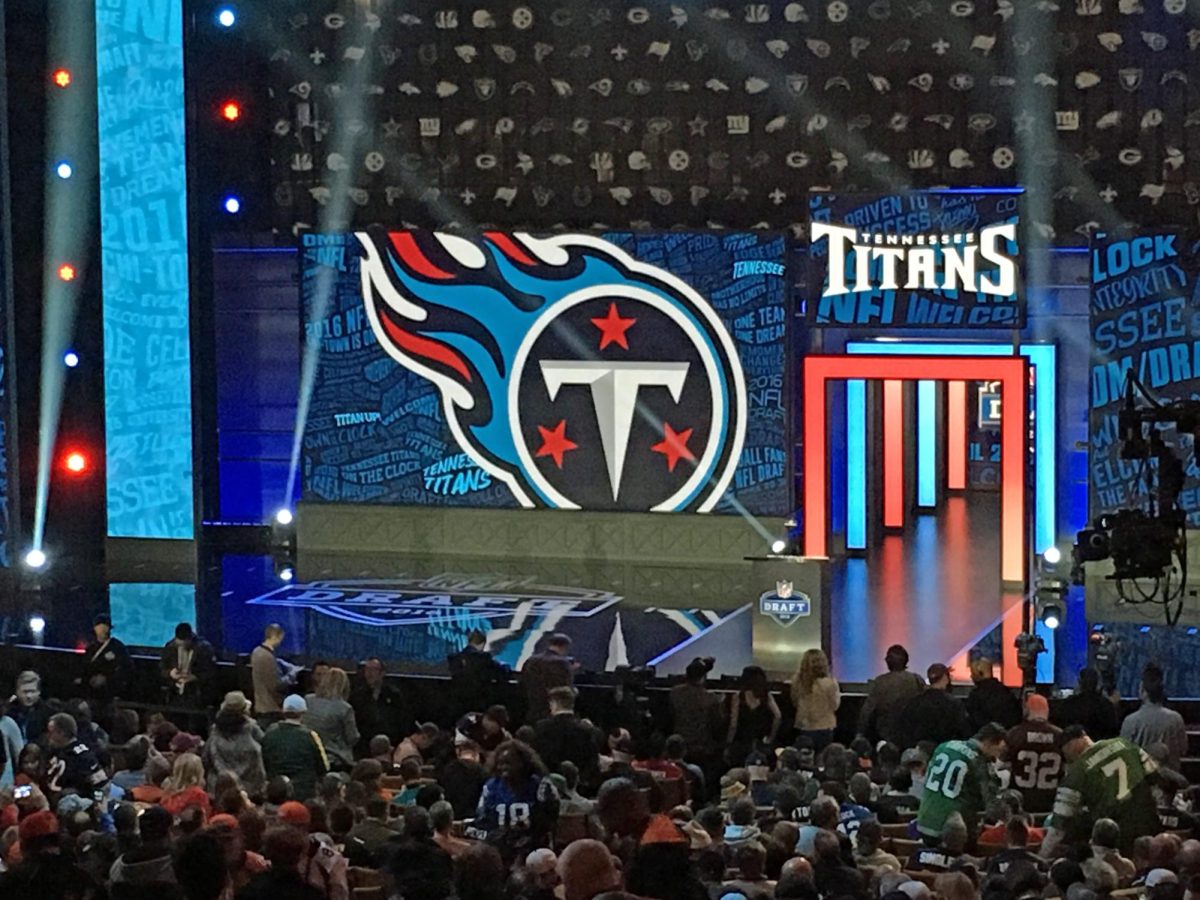2016 Iowa Caucus: Front-runners Falter
Sanders, Cruz, and Rubio leave Iowa in a more favorable position
February 8, 2016
On a Monday night early in February, millions of Americans watched as Iowan residents participated in their state’s caucus, perhaps presenting an indication for our nation’s leader for the next four years. The evening’s outcome proved radically different from the initial expectations.
In the Democratic National Convention, front-runner Hillary Clinton found the more left-leaning Bernie Sanders right on her tail in the polls. At the end of the night, Clinton won 49.9% of the electorate while Sanders won 49.6%; outsider Martin O’Malley finished with 0.6% of the votes, and subsequently suspended his campaign efforts. Undoubtedly, Sanders encountered the most success, even though he did not win. He demonstrated his capability to rise in the polls on a wide scale despite his socialist agendas, and his down-to-earth personality further contributed to his success. Clinton, on the other hand, finds her campaign approaching failure. She did not garner nearly as many votes as she had hoped in Iowa. Clearly, the national population has grown much more wary of her trustworthiness as a result of her e-mail crisis last year. In New Hampshire, Sanders, a senator from neighboring Vermont, looks to gain a decisive victory over his counterpart.
The Republican Caucus presented a relatively more colorful outcome with its plethora of candidates. Ted Cruz, Donald Trump, and Marco Rubio all finished close together in the caucus, but Cruz emerged victorious. His hardline conservative agenda appealed very well to the northwestern part of the state with its significant evangelical population, however his urban performance was not quite as successful. Rubio, in contrast, was able to secure the support of much of Iowa’s urban areas, indicating that he will gain traction from Republicans in urban centers around the country. Trump’s support of American exceptionalism allowed him to secure the vote of the 65 and over demographic; however, his night overall was a disappointment. Some urban areas lent their support to him, but for the most part he was, as he likes to call his adversaries, “a loser” in Iowa. Ben Carson finished respectably with 12%, but his campaign has failed to replicate the momentum it held back in November. Candidates like Jeb Bush, John Kasich, and Chris Christie encountered minimal success, but will be turning their attention to the upcoming New Hampshire caucus on Feb. 9.
Indeed, this caucus is the first of many indicators of our nation’s new leaders. Especially in this turbulent time, both domestically and internationally, it will be exciting to see further results leading up to Election Day 2016.























